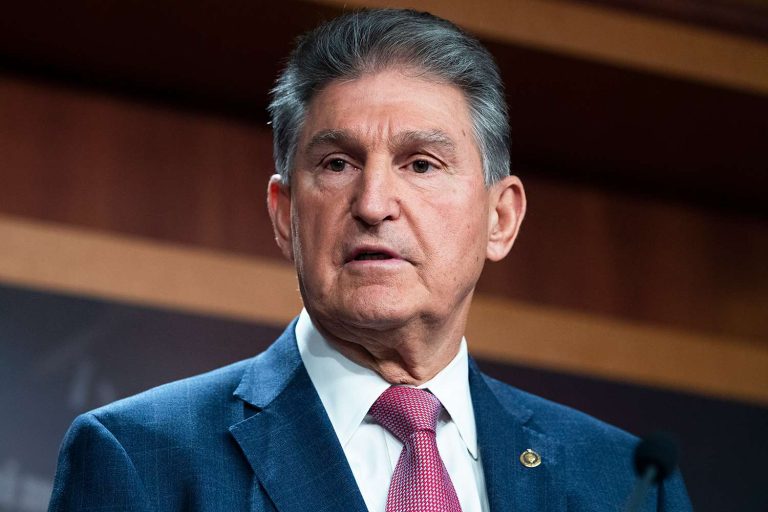:max_bytes(150000):strip_icc():focal(719x299:721x301)/Joe-Manchin-fe23307cfc904c3d91337877bb8eff29.jpg)
Exploring Joe Manchin’s Impact: What Has He Done?
Joe Manchin, the Democratic senator from West Virginia, has emerged as a prominent figure in American politics. Known for his moderate stance and willingness to work across party lines, Manchin has played a crucial role in shaping legislation and influencing policy decisions. In this blog, we delve into Joe Manchin’s accomplishments and examine the impact he has had on the political landscape.
Background and Early Career:
Before we explore Joe Manchin’s political achievements, let’s briefly delve into his background. Born on August 24, 1947, in Farmington, West Virginia, Manchin grew up in a working-class family with strong roots in the state. He began his political career in the 1980s, serving in various roles within the state government, including the West Virginia House of Delegates and the state Senate. Manchin’s experience in local and state politics laid the foundation for his later career as a senator.
Bipartisanship and Collaboration:
One of the defining aspects of Joe Manchin’s political approach is his commitment to bipartisanship and collaboration. Throughout his tenure in the Senate, he has consistently advocated for finding common ground and building bridges between Democrats and Republicans. Manchin’s willingness to work across party lines has made him a pivotal figure in shaping legislation, particularly in areas where consensus is crucial.
The Affordable Care Act:
One of Manchin’s notable actions in the Senate was his support for the Affordable Care Act (ACA), also known as Obamacare. While he initially expressed concerns about the legislation, Manchin ultimately voted in favor of the ACA, highlighting the importance of healthcare access for the people of West Virginia. However, he has also called for modifications to the law to address the concerns of his constituents.
Infrastructure and Economic Initiatives:
Joe Manchin’s impact is particularly evident in his involvement in infrastructure and economic initiatives. He played a key role in the negotiation and passage of the Bipartisan Infrastructure Framework, a $1.2 trillion infrastructure bill aimed at improving the nation’s roads, bridges, broadband, and other critical infrastructure systems. Manchin’s ability to work across party lines and find common ground was instrumental in advancing this significant legislation.
Environmental Policy and Energy:
Given West Virginia’s reliance on coal and other fossil fuels, Joe Manchin has been a vocal advocate for the state’s energy industry. However, he has also recognized the need to address climate change and transition to cleaner energy sources. Manchin’s position as chairman of the Senate Energy and Natural Resources Committee has allowed him to shape energy policies that balance environmental concerns with the economic interests of his state.
Gun Control and Second Amendment Rights:
As a senator representing a state with a strong hunting and gun culture, Joe Manchin has taken a measured approach to gun control issues while also supporting efforts to improve background checks and enhance gun safety measures. He played a key role in the unsuccessful attempt to pass bipartisan gun control legislation following the Sandy Hook Elementary School shooting in 2012.
Joe Manchin’s impact on American politics cannot be understated. As a moderate Democrat, he has championed bipartisanship, collaboration, and finding common ground to advance legislation. From his involvement in infrastructure initiatives to his stance on healthcare, energy policy, and gun control, Manchin has consistently sought to balance the needs of his constituents with the broader interests of the nation. Whether you agree or disagree with his positions, there is no denying that Joe Manchin has left an indelible mark on the political landscape through his pragmatic and consensus-driven approach.

